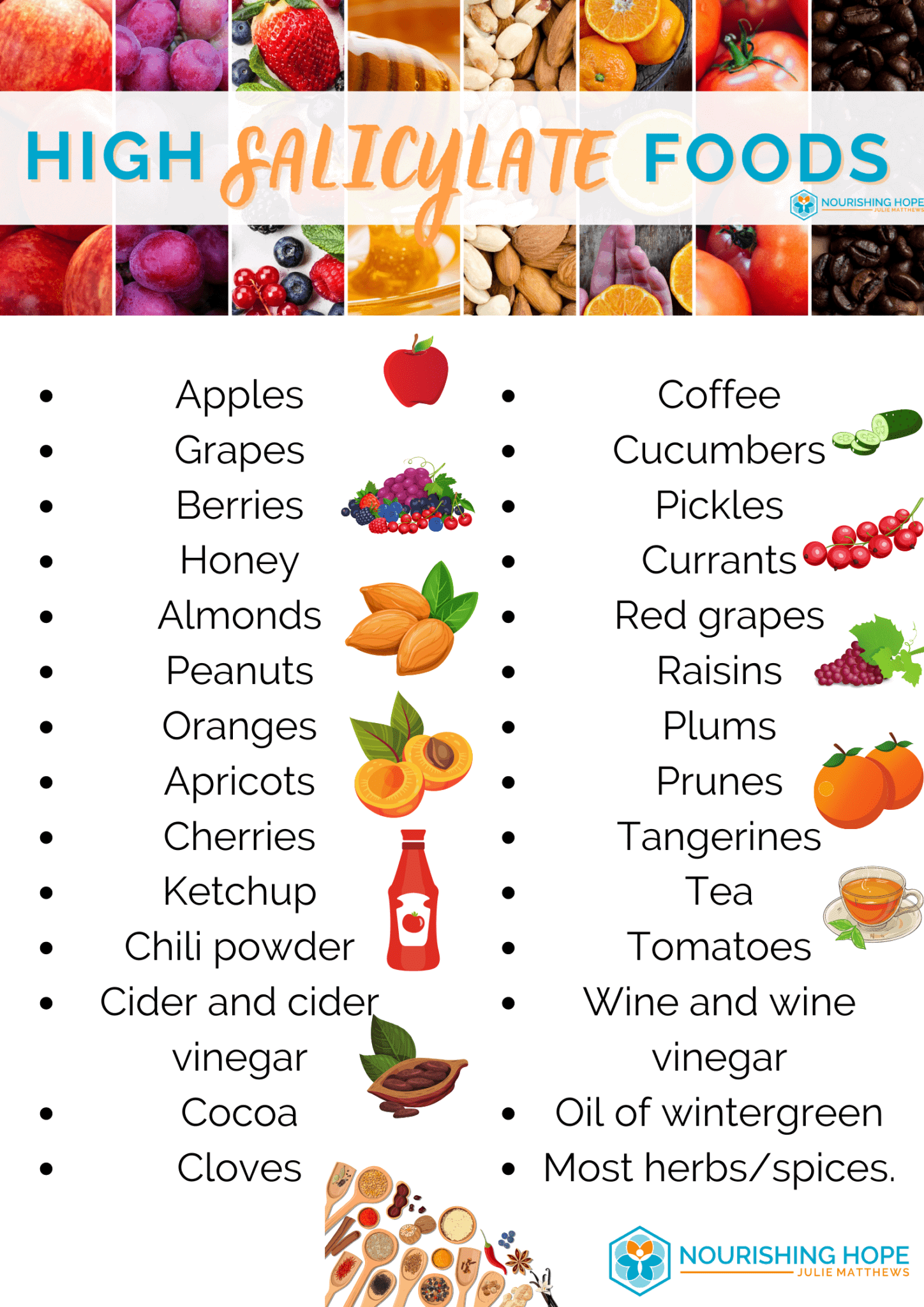Feingold Diet: Understanding the Benefits and Drawbacks

What is Feingold Diet?
The Feingold Diet is a special diet that eliminates certain chemicals and additives from food. These chemicals and additives are believed to cause behavioral problems and other health issues in some people. The diet is based on the belief that some people are sensitive to these chemicals and additives, and that eliminating them from the diet can improve their health.
How Does Feingold Diet Work?
The Feingold Diet works by eliminating certain chemicals and additives from the diet. These chemicals and additives are believed to cause hyperactivity, behavioral problems, and other health issues in some people. The diet eliminates these chemicals and additives, and replaces them with natural foods that are free of these substances. The diet also emphasizes whole foods, such as fruits, vegetables, and lean proteins. The goal of the diet is to reduce the intake of chemicals and additives, and to improve overall health.
What Foods are Allowed on Feingold Diet?
Foods that are allowed on the Feingold Diet include natural foods that are free of certain chemicals and additives. These foods include:
- Fruits and vegetables
- Lean proteins, such as chicken, fish, and turkey
- Whole grains, such as brown rice and quinoa
- Nuts and seeds
- Herbs and spices
What Foods are Not Allowed on Feingold Diet?
Foods that are not allowed on the Feingold Diet include foods that contain certain chemicals and additives. These foods include:
- Artificial colors
- Artificial flavors
- Artificial sweeteners
- Preservatives
- MSG
It is important to read food labels carefully when following the Feingold Diet, as many foods contain these chemicals and additives.
Pros and Cons of Feingold Diet
Pros
- The Feingold Diet may help people who are sensitive to certain chemicals and additives in food.
- The diet emphasizes whole foods, such as fruits, vegetables, and lean proteins.
- The diet may improve overall health by reducing the intake of chemicals and additives.
Cons
- The Feingold Diet can be difficult to follow, as many foods contain the chemicals and additives that are not allowed on the diet.
- The diet may not work for everyone, as not everyone is sensitive to these chemicals and additives.
- The diet may be more expensive than a typical diet, as natural and organic foods can be more expensive.
Conclusion
The Feingold Diet is a special diet that eliminates certain chemicals and additives from food. The diet is designed to help people who are sensitive to these substances, and to improve overall health. While the diet may have some benefits, it can be difficult to follow and may not work for everyone. If you are considering the Feingold Diet, it is important to talk to your doctor or a registered dietitian to determine if it is right for you.
FAQs
Q: Is Feingold Diet a Low-Carb Diet?
A: No, Feingold Diet is not a low-carb diet. The diet focuses on eliminating certain chemicals and additives from food, and replacing them with natural foods that are free of these substances. While the diet does emphasize whole foods, it does not restrict carbohydrates.
Q: Can Feingold Diet Help with Weight Loss?
A: The Feingold Diet is not specifically designed for weight loss, but it may help with weight loss as it emphasizes whole foods and eliminates processed foods that are high in sugar and unhealthy fats. However, weight loss is not guaranteed and will depend on individual factors such as calorie intake and exercise habits.
Q: Is Feingold Diet Safe for Children?
A: The Feingold Diet was originally designed for children who were sensitive to certain chemicals and additives in food. However, it is important to talk to your child's doctor before starting the diet to ensure that it is safe and appropriate for your child.
Q: Can Feingold Diet Cure ADHD?
A: Feingold Diet is not a cure for ADHD, but it may help manage symptoms in some individuals who are sensitive to certain chemicals and additives in food. It is important to talk to your doctor before making any changes to your or your child's diet.
